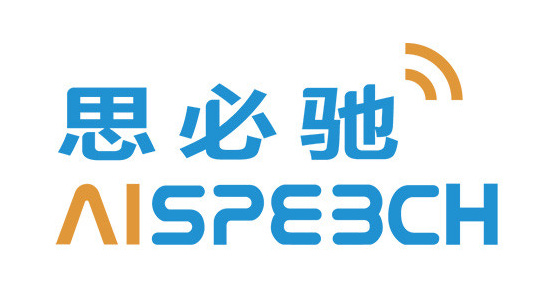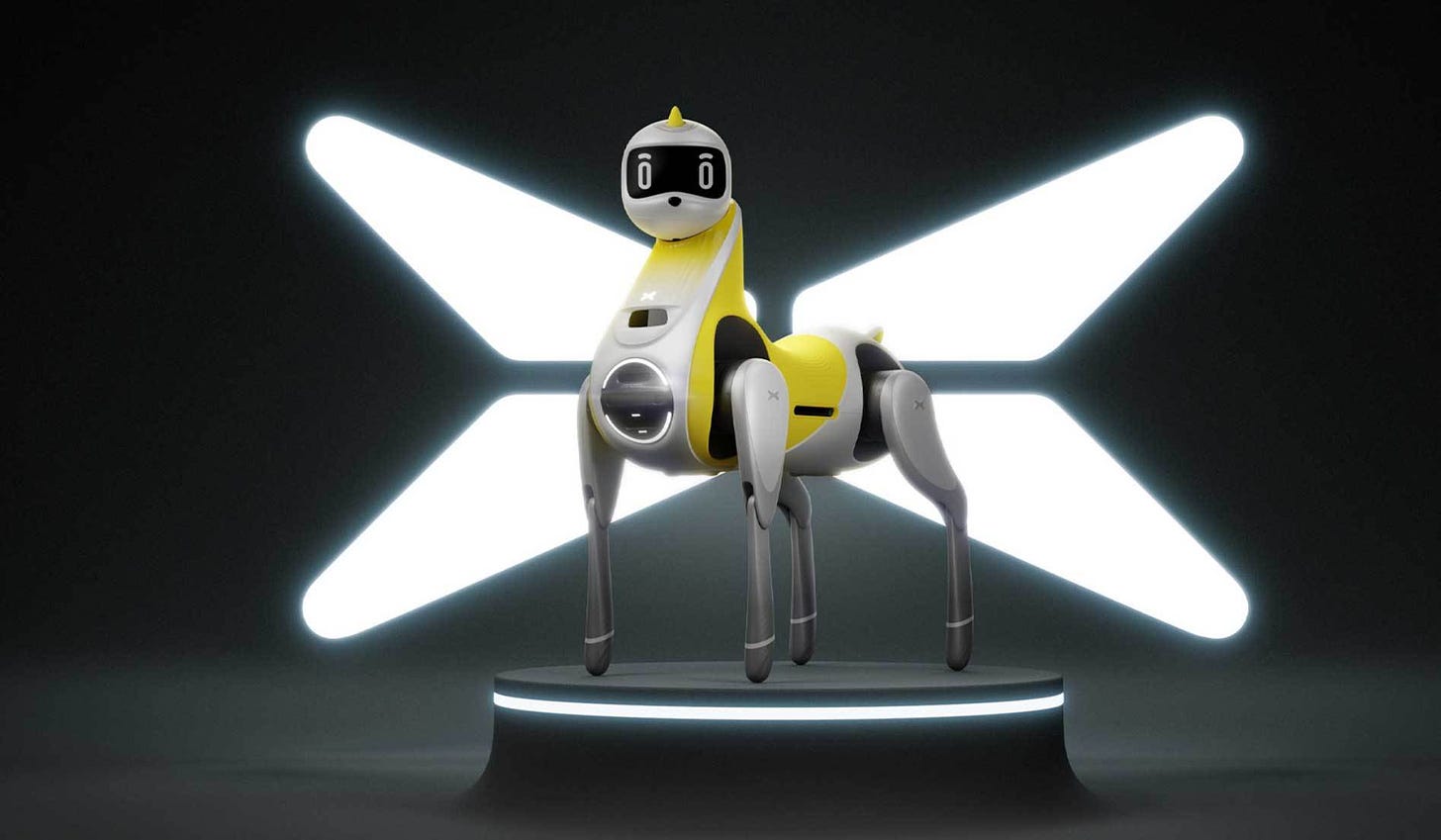AI Teaches Robots to Align with Human Value; BAAI Releases Results of Big Model Roadmap Plagiarism Investigation; Alibaba-backed Voice Tech Firm Files for IPO
Weekly China AI News from July 11 to July 17
News of the week
AI Teaches Robots to Align with Human Value
What’s new: A recent paper from UCLA and Beijing Institute for General Artificial Intelligence introduced a new system that can align robots with human values, making robots better fulfill humans’ needs by forming a mutual understanding. The paper In situ bidirectional human-robot value alignment was published in Science Robotics last week.
Why it matters: Most robots of this age are essentially reactive systems: they are trained to accomplish a specific goal without interacting with humans, a lack of social coordination that is seen as common in human activities. The paper attempted to build a communication framework between humans and robots where a robot can infer human users’ intentions from instructions and feedback and as an expressive speaker to explain its decision processes to users.
The paper’s first author Zheng Zilong explained to a local media that "An agent not only needs to understand the meaning of human-given instructions, but also infer on the intentions, purposes, and ideas behind the instructions. These factors are called human values/goals … With value alignment, AI can perform tasks more autonomously without relying on human instructions.”
How it works: Researchers proposed an explainable artificial intelligence (XAI) system in which a group of robots predicts users’ values by taking in situ feedback into consideration while communicating their decision processes to users through explanations. Specifically, they designed a small game that tasked humans and robots to find a safe path from the base to the destination on a 20×20 grid map.
The results show that real-time human-robot mutual understanding in complex cooperative tasks is achievable with a learning model based on bidirectional communication.
BAAI Releases Results of Big Model Roadmap Plagiarism Investigation
What’s new: Three months ago, a 200-page academic paper named A Roadmap for Big Model was alleged for copying from a dozen papers. This week, the Beijing Academy of Artificial Intelligence (BAAI), a Beijing-based research institute that designed and produced this paper, released the results of their plagiarism investigation. In a public statement, BAAI addressed the controversies for the first time.
The first author took the blame: The Big Model Roadmap paper is composed of 16 independent articles written by 100 researchers from 19 institutions, such a joint effort is unseen in conventional academic papers. The project lead, Big Model Research Center of BAAI, was held accountable for the oversight of the academic misconduct, the statement said. The first author, who is a BAAI staff named Sha Yuan, took the primary responsibility as he published the paper on the pre-print arXiv on March 26, 2022, without the consent of other authors.
Two plagiarisms: In the paper, the most-questioned Section 2.3.1 plagiarized 179 words from other papers, and Section 8.3.1 plagiarized 74 words without explicit references, which constitutes clear plagiarism.
Four non-standard references: BAAI also acknowledged four non-standard references that are not plagiarism, including Section 12.2.3, 14.2.2, 14.2.3, and 16.1.
Consequences: BAAI said the Big Model Research Center, the first author of the paper, and the authors who are responsible for the aforementioned two plagiarisms have resigned and left the institute.
Chinese AI Voice Tech Company AISpeech Files for Shanghai IPO
What’s new: AISpeech, one of the largest voice tech startups in China, filed for an initial public offering (IPO) on Shanghai’s Nasdaq-like STAR market last week as the money-losing company is urged to raise new cash.
About AISpeech: Founded in 2007, the Suzhou-based AISpeech provides speech recognition and conversational AI tech that allows you to interact with consumer electronics and smart vehicles using voice. The company’s flagship development platform Dialogue User Interface is designed to customize voice control features. In 2019, AISpeech debuted its new voice recognition AI chip to rival Google and Baidu.
AISpeech generated an annual revenue of RMB115 million, RMB237 million, and RMB307 million in 2019, 2020, and 2021 respectively, with a net loss of RMB283 million, RMB215 million, and RMB335 million.
AISpeech raked over $179.2 million in pre-IPO financings, which count Alibaba and Lenovo as major investors.
Papers & Projects
Cloning Outfits from Real-World Images to 3D Characters for Generalizable Person Re-Identification
Researchers from the Inception Institute of Artificial Intelligence (IIAI) and the Mohamed bin Zayed University of Artificial Intelligence proposed an automatic approach to directly clone the whole outfits from real-world person images to virtual 3D characters, such that any virtual person thus created will appear very similar to its real-world counterpart. Researchers created a more realistic virtual dataset called ClonedPerson, with 5,621 identities and 887,766 images. Experimental results show that the model trained on ClonedPerson has a better generalization performance, superior to that trained on other popular real-world and synthetic person re-identification datasets. The ClonedPerson project is available at this https URL.
On the Principles of Parsimony and Self-Consistency for the Emergence of Intelligence
A research team led by former Microsoft AI exec Harry Shum proposed a theoretical framework that sheds light on understanding deep networks within a bigger picture of Intelligence in general. They introduce two fundamental principles, Parsimony and Self-consistency, that are believed to be cornerstones for the emergence of intelligence, artificial or natural.
Rising Startups
XPeng Robotics, an affiliate of electric vehicle maker Xpeng, has raised $100 million in its Series A financing round led by IDG Capital. Founded in 2016, the Shenzhen-based company revealed a rideable quadruped robot that can navigate autonomously and carry kids. The robot unicorn will hit the market in the next two years.
Iluvatar CoreX, a developer of high-performance chips for cloud servers, has raised over RMB1 billion ($150 million) in its Series C+ and C++ financing rounds. Founded in 2015, the Nanjing-based company unveiled its 7-nm general-purpose GPU in 2021.
SiEngine, an automotive chip developer, has completed its Series A financing by raising over RMB1 billion ($150 million). Founded in 2018, the Hunan-based company has rolled out a 7nm intelligent cockpit chip and aims to develop processors for high-level autonomous driving.







